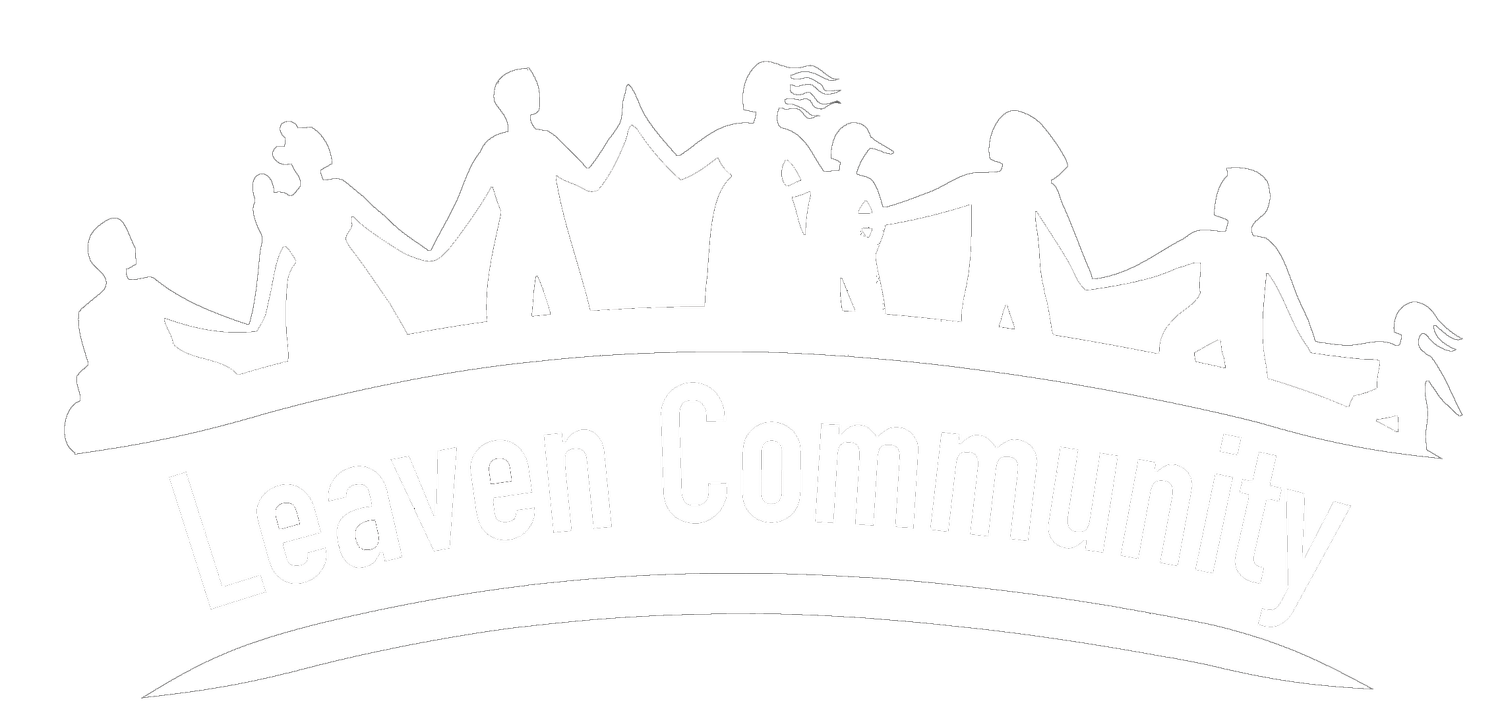Discussion Topic: Bruce Cantwell. Zoom Facilitator: Kristen McKee. Saturday, April 25, 2020.
Join the online discussion at 10AM
Computer: https://zoom.us/j/640528095
Phone: Use your zoom app (preferred) or dial +1 408 638 0968
Meeting ID 640528095#
Password (Required) 966663
Extracted and lightly adapted from Invisibilia episode: An Unlikely Superpower.
Ten years ago, when Alison Williams was 63, she went on a walk with her husband in the snow. His footprints were clear, and her footprints each had a scuff mark behind them. She put it down to her boots not fitting.
But then she noticed that her speech was getting softer. And on one occasion, she became very confused about where she was. She went to the doctor who said it was Parkinson's.
Alison said, "I want a second opinion."
Then she found a large bucket of sand to stick her head in. For more than a year after the appointment, she refused to engage with her Parkinson's. She took the medication her neurologist gave her but otherwise didn't speak of the disease and tried to avoid people who did.
She didn't really want to know what her future might hold. She firmly believes that words cast spells, that "I am the story I tell myself about myself." So she's very careful about what story she tells.
Alison worried that if she focused too much on what was coming, her life would inevitably take on the shape of her worst fears.
Alison's mother had rheumatoid arthritis. She had a small, electric buggy that she drove around the streets in because she couldn't walk properly. And emotionally and mentally, when Alison got her diagnosis, she put herself into that little electric buggy and emotionally and mentally drove herself around in it.
As time passed, everything about Alison got slower and less fluid.
Then she realized that if she pinned her hopes to a cure, she would just be waiting. And it wouldn't come, and she would get resentful and disappointed and depressed and be much more likely to fall off her perch quicker. So she pinned her hopes to living a life as well as she could as good as she could every day from one day to the next. She decided she'd had enough of driving around in her metaphorical buggy. She was going to really live her life.
She started taking a whole bunch of classes. Mature Latin Movers was both physically and cognitively demanding. Every week they had to remember a routine. She added another dance class, then leaned more heavily into her practice of tai chi with weapons. She got a personal trainer and took up taiko drumming.
And instead of her symptoms getting worse, she experienced significant improvement.
Alison had an argument once with one of the people from Parkinson's U.K. about whether you talk about Parkinson's as a disease or as a condition. Now, in order for her to live a good life on a day-to-day level, she says to herself, "I'm not ill. I have a condition, and I'm not ill."
Alison's practical advice about living with conditions (whether those conditions are Parkinson's or climate change or the potential death of democracy, whatever your particular flavor of terror happens to be) is not to focus so much on the outcome, but instead concentrate on the process. The question to ask was not, where will this end, but what is the next right thing to do? What time tonight does Mature Latin Movers start? Can I go to taiko drumming on Monday?
"Do The Next Right Thing" feels like the kind of slogan that would look good embroidered on a tea cozy or T-shirt, but does it rise to the challenge of the actual world we seem to be living in, where every time you turn on the news, there are ten different stories that make you feel like there really is nothing you can do?
Alison wouldn't accept this. Her bad future had already arrived, but she still managed to move forward without letting the outcome of her disease define her everyday life. She wasn't saying it was easy. She was just saying it was a viable strategy.
Doing the next right thing might make a difference. It might not make a difference. The answer to that is in the future, and the future is impossible to know.
Suggested Questions:
According to Buddhist teachings, skillful speech is factually true, useful, connected to the goal, and timely. In Alison's case, how is the story she tells herself about herself, "I'm not ill. I have a condition, and I'm not ill," connected to the goal?
How does referring to something as a disease (or crisis, or pandemic, or emergency) differ from referring to it as a condition?
Alix Spiegel says "Doing the next right thing might make a difference. It might not make a difference. The answer to that is in the future, and the future is impossible to know."
What are the pros and cons of adopting this view?
What condition are you currently living with (or through) and what's the next right thing?
Photo by Haste LeArt V. from Pexels

